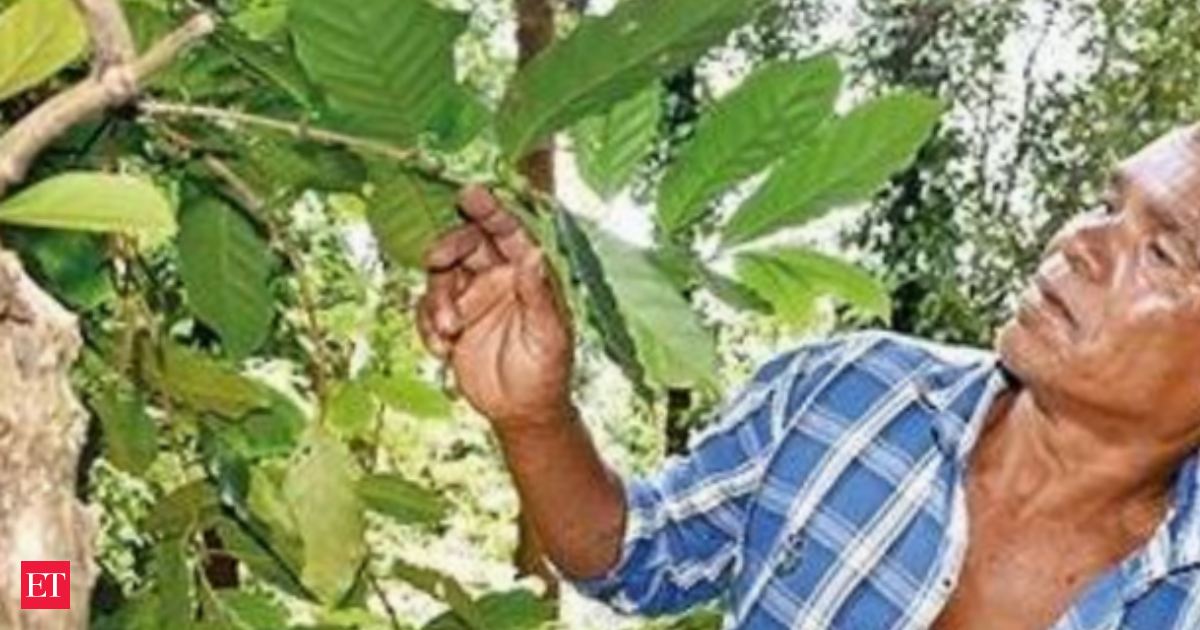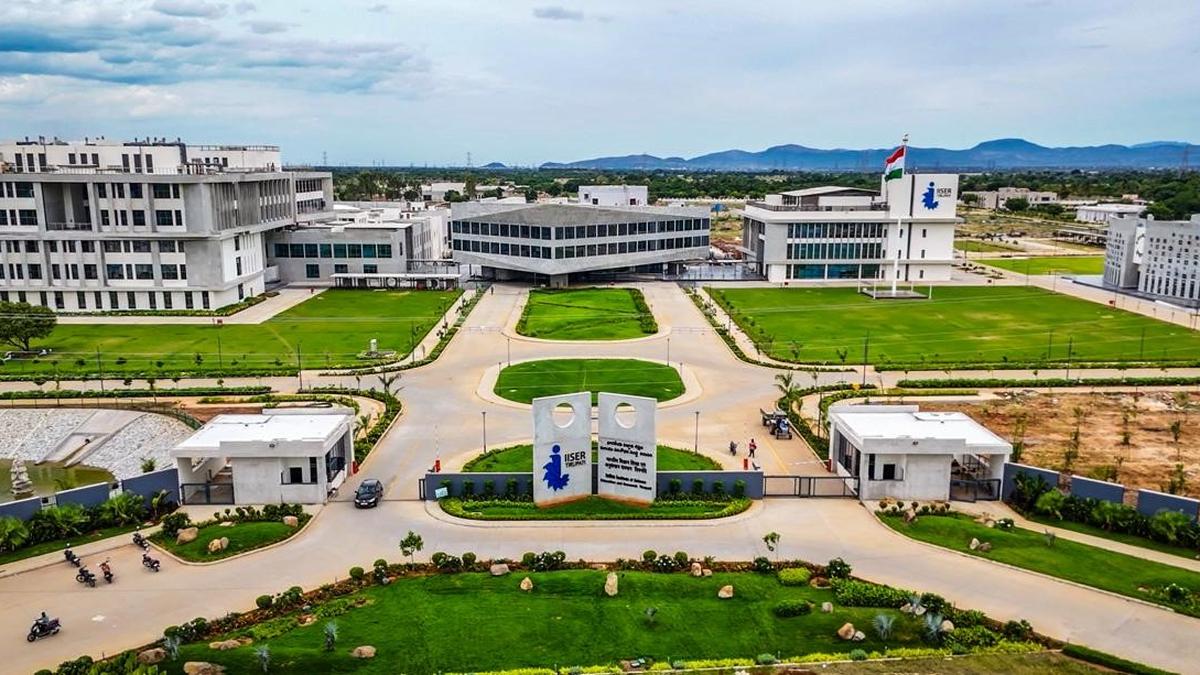Now Reading: New EU Regulations Pose Challenge to Araku Coffee Exports
-
01
New EU Regulations Pose Challenge to Araku Coffee Exports
New EU Regulations Pose Challenge to Araku Coffee Exports

Speedy Summary:
- New EU Regulation: The european Union Deforestation Regulation (EUDR),effective by year-end,mandates traceability of coffee to combat deforestation,potentially disrupting Araku Valley coffee exports.
- Extended Deadline: Smaller European importers can comply until June 30, 2026, but bulk buyers are already insisting on compliant shipments.
- challenges for Araku Farmers:
– Limited awareness about EUDR among tribal farmers; many lack smartphones for geotagging farms.
– Compliance requires geolocating small plots (1-2 acres) via IndiaS Coffee Board app-a process just initiated with limited staffing in remote areas.
- Europe’s Importance to Indian Coffee exports: Europe is a major market, with italy, Germany, and Belgium as the top FY25 importers. Penalties for noncompliant imports include fines up to 4% of annual turnover and shipment confiscations.
- Kodagu Progress: Larger estates in Karnataka (Coorg) have completed compliance through detailed polygon mapping; two exported consignments already meet EUDR standards.
- local Efforts & Challenges:
– Girijan Cooperative Corporation aims to minimize middlemen by encouraging direct farmer-company interactions and investment in curing units.
– Major companies like Tata Coffee source Araku coffee.
image:
!Screenshot
Indian Opinion Analysis:
India’s celebrated Geographical Indication-tagged Araku coffee faces a pivotal challenge due to new European regulations requiring traceability that links production practices directly to sustainable forest management. While larger estates in Karnataka have shown feasibility in meeting these standards through advanced mapping techniques like polygon tracking, smaller landholdings in tribal areas such as those of Araku growers are hindered by limited awareness and access to technology.
the urgency is underscored not only by the looming deadlines but also by Europe’s significance as India’s largest buyer of coffee exports-highlighting the high stakes for both farmers and exporters.Although efforts like implementing mission-mode geotagging nationwide or supporting small-scale curing units show promise toward compliance readiness among tribal communities, logistical concerns remain pressing given the geographical remoteness compounded with digital unpreparedness.
Achieving EUDR compliance will require an accelerated coordination between government bodies like the Coffee Board and ground-level players such as cooperatives or exporters-potentially setting a precedent for ensuring sustainability across all agricultural exports tied to stringent international norms. India risks losing access not only critical revenue streams but also reputation within global ethical commodity markets if action does not pick up pace rapidly.























